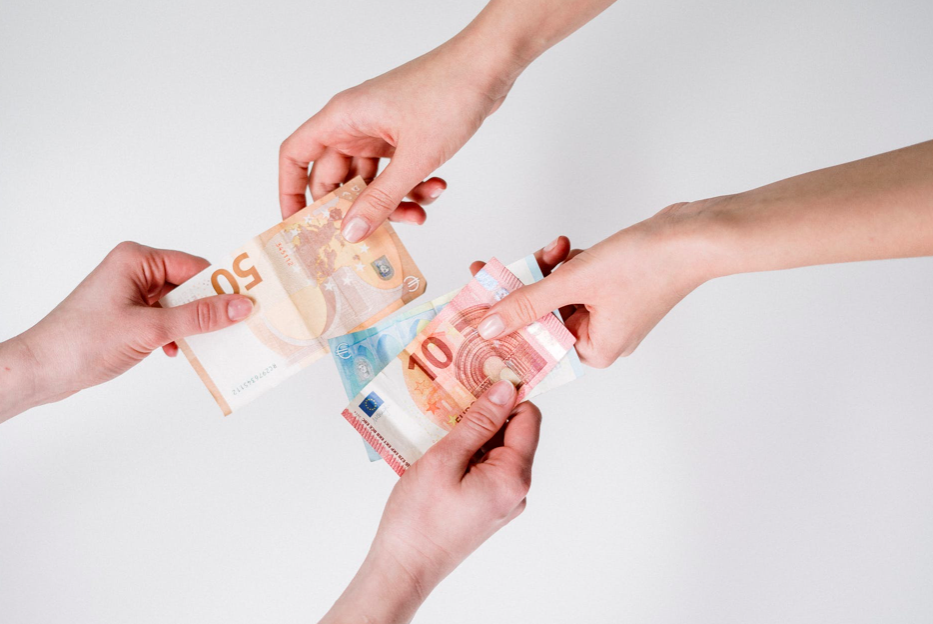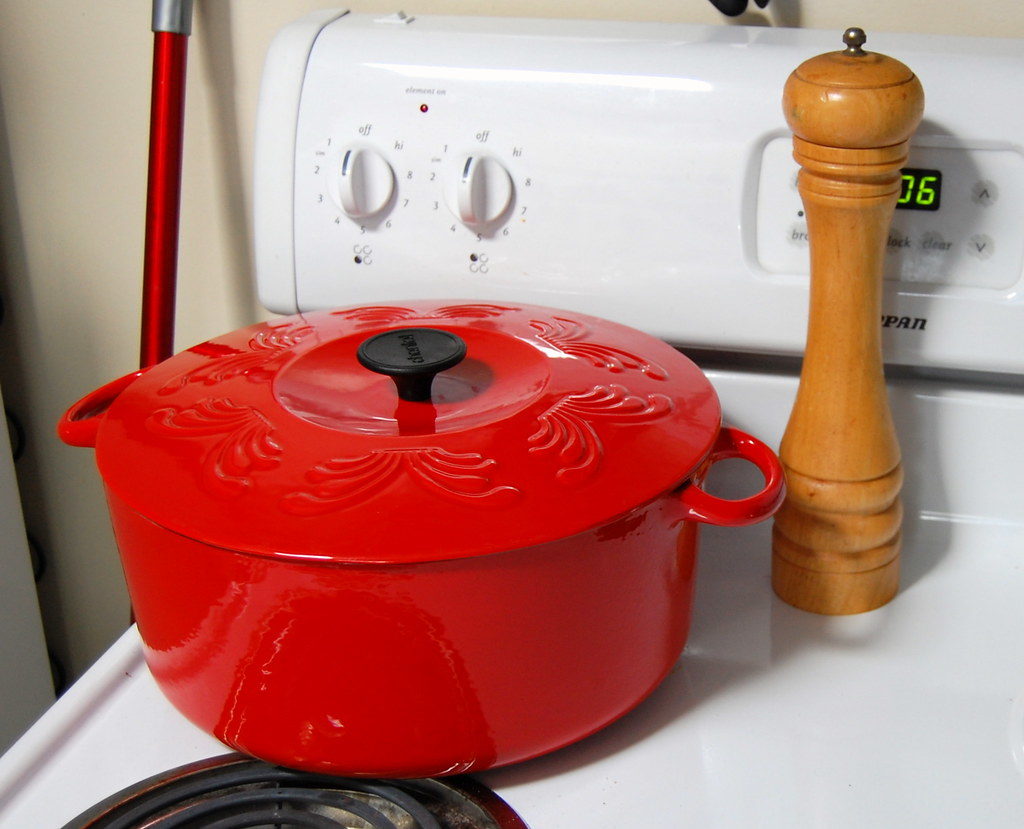The English language has a wacky and obscure assortment of idioms containing “Dutch.”
Some are purely descriptive, like “Dutch barn” or “Dutch clover”. Some describe mildly unconventional concepts, like “Dutch auction”. However, many are disparaging, such as “Dutch oven”.
There are probably countless times throughout the week that you use an English idiom that contains a Dutch reference. Why are there so many? What are the origins of such phrases?
All’s fair in love and war (including snarky idioms)
So, why does the English language take the mick out of the Dutch? Well, it has to do with great historical battles between two eminent, emerging world powers. Plus, a little name-calling.
During the 17th century, the Netherlands and Britain squabbled for control of maritime trade routes. They waged three wars against each other over 20 years.
This consequently allowed plenty of time for the British to develop some choice words and snarky remarks about the Dutch.
They did this by adding ‘Dutch’ to words or phrases, not to indicate actual Dutch things or ideas. Rather, ‘Dutch’ came to mean anything strange, irregular or unpleasant.
Dutch Courage
There are a plethora of sayings relating to alcohol and the Dutch. The most well-known is undoubtedly Dutch courage.
This saying is a relic from the Thirty Years’ War. British soldiers fighting in the low countries would take a swig of gin to warm up and get going. They also noticed the Dutch side bolstered by the infamous tipple.
William of Orange — the Dutch turned British King — popularised the boozy beverage even further in the UK. Hence gin also became known colloquially as Dutch courage.

Going Dutch
This phrase refers to the act of splitting the bill when you go out for dinner, as opposed to one person covering the entire bill.
Some have suggested that going Dutch derives from a Dutch door, which is split in half in the middle.
More plausible though, is the allusion to the tight-fisted nature of the lowlanders. Comparable phrases include “Dutch date” and “Dutch treat” — both of which imply you shelling out.
Similarly, A “Dutch party” is where everyone brings their own snacks and drinks. Now, that’s some Dutch generosity (stinginess) right there!

Dutch Uncle
“Uncle” conjures up thoughts of an affable, wise, maybe humorous man. A less serious version of your old man — “Dad lite,” if you will. But, if you add “Dutch” to the word, everything changes.
A Dutch Uncle, therefore, is someone who issues frank, often harsh comments and criticism. Evidently, this is a reference to the frank nature of the Dutch. This uncle, then, is likely not someone you would share a beer with.
Taking Dutch Leave
Ever been at a party and wanted to slip out quietly? That’s taking Dutch leave! When you do this, you skip saying goodbye to everyone and make a quick departure instead.
This is most popular when you know a lot of people at the party and know that saying goodbye will take the sacred time that you could spend at home watching Netflix in your pyjamas.
The phrase likely originates once again from those pesky British soldiers — to take Dutch leave was to desert your military post without warning. Harsh!
Dutch Oven
You may have been subjected to this prank and know what it is. But for those of you that don’t, a Dutch oven refers to when you fart in bed and then pull the blankets over your bed-mates head to seal in the smell.

The phrase does have some legitimacy — although in a less immature form. A real Dutch oven is a fantastic cooking device that has a secure and well-fitted lid. The lids don’t just sit on top but have an edge that helps to retain heat. 🔥
There you have it — a bunch of English expressions that reference the Dutch in one way or another. Whether they find their origins in history or simple name-calling, they’re bound to lighten up your conversation!
Which of these idioms is your favourite? Do you know any others? Tell us in the comments below!
Feature Image: Pixabay
Editor’s Note: This article was originally published in October 2016, and was fully updated in July 2022 for your reading pleasure.

[…] in the celebration pick straws to sort out who’s surprising who (otherwise that nasty Dutch uncle will never get suprised in a positive way). Then they buy a gift for the person they picked and do […]
[…] herring before the Dutch get to it. It’s been the theater of naval battles a number of times, including between the Dutch and British, but we’ve agreed to stop doing that since. Now the sandbank may find a new purpose as the […]
Dutch leave? In Brazil we have the expression “French leave”… but then, when I used with a French friend, she got upset and said that the expression in France is Ënglish leave”…. hahahaha now I am confused!
In Holland we call a Dutch party an American party…don’t know why..